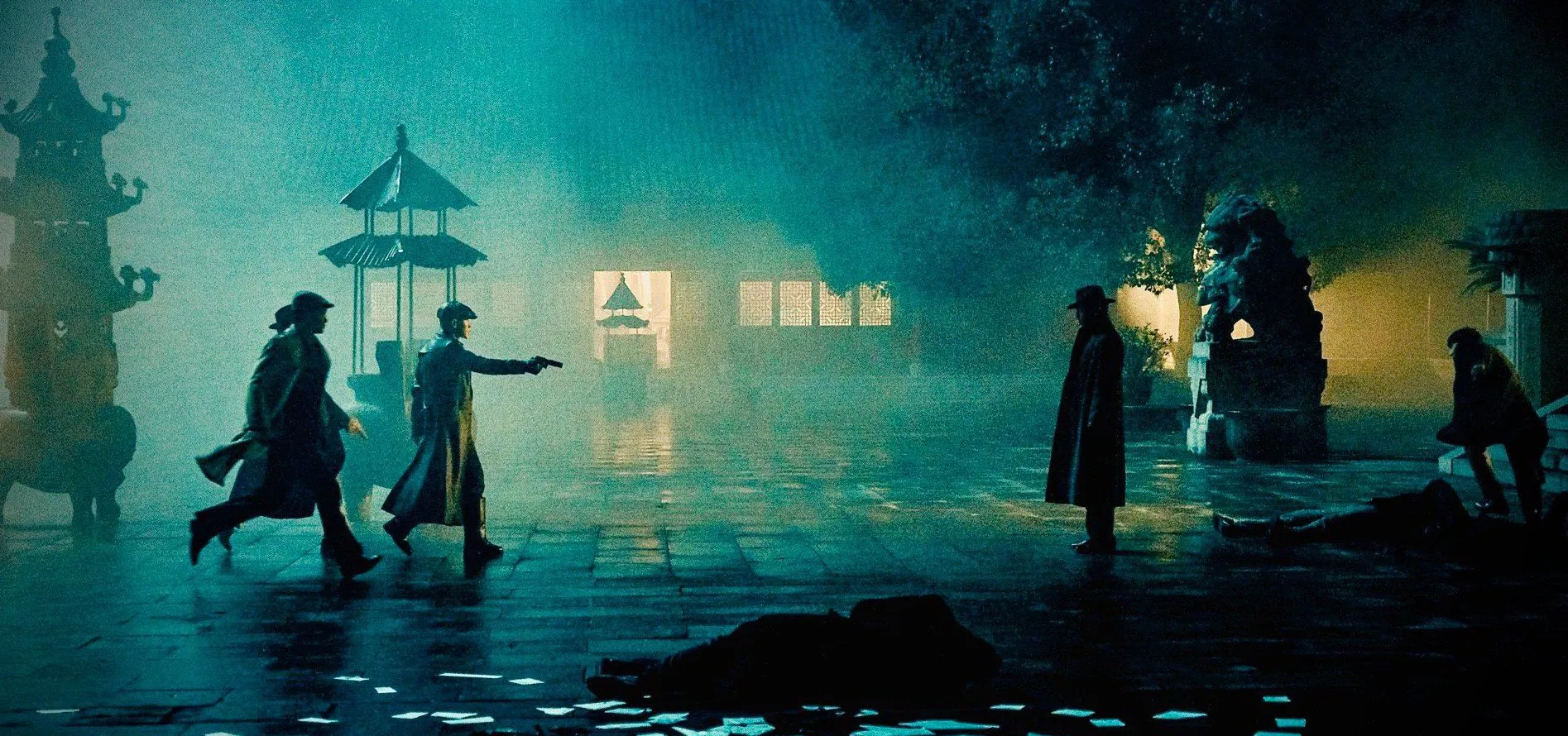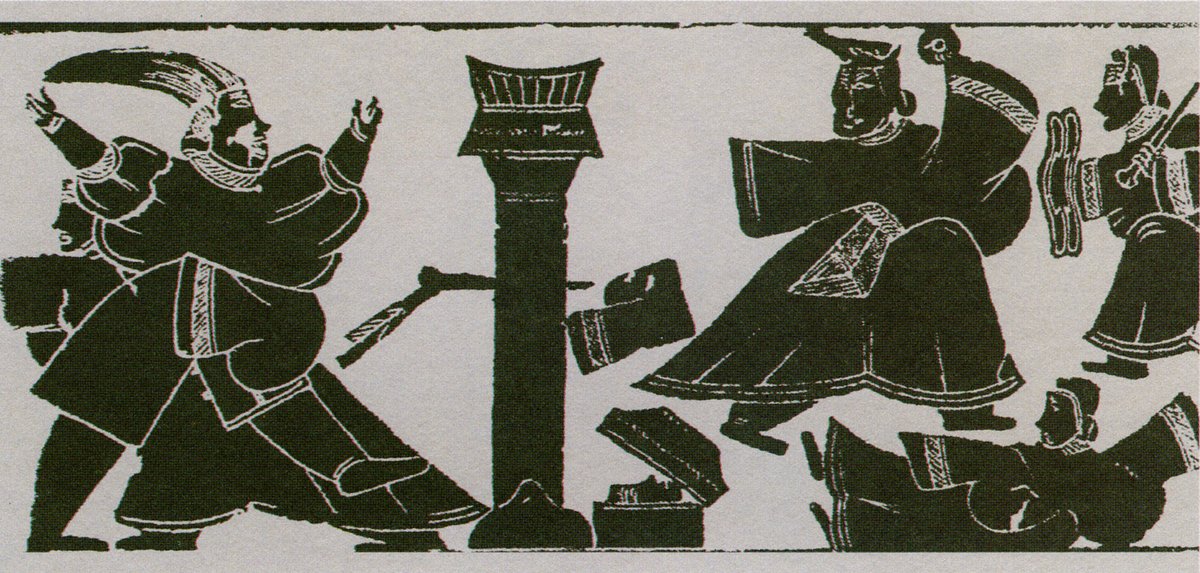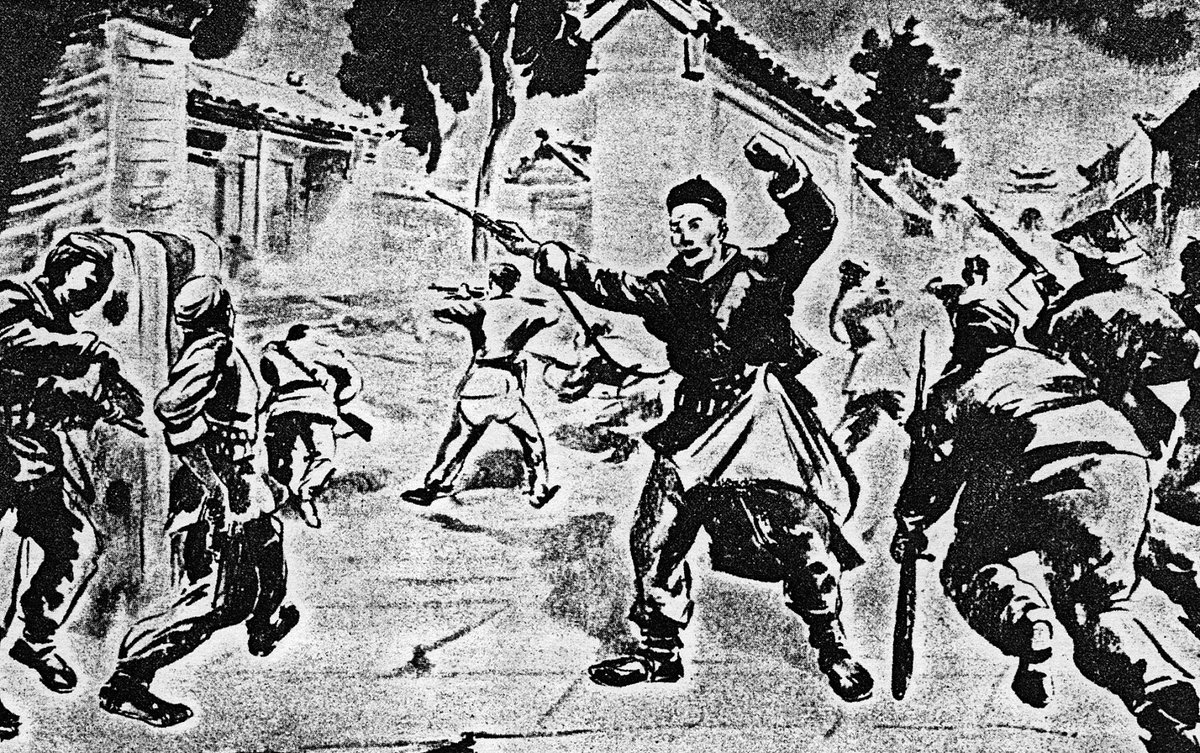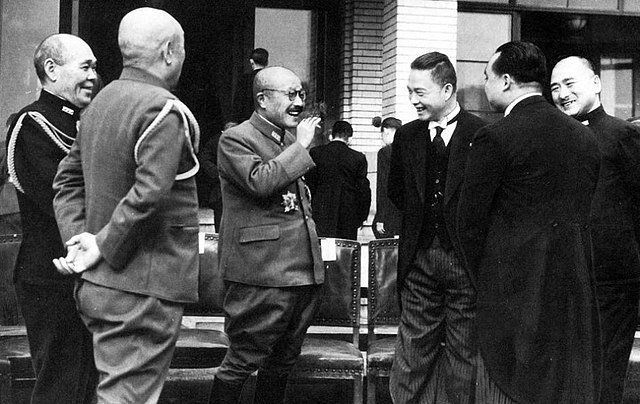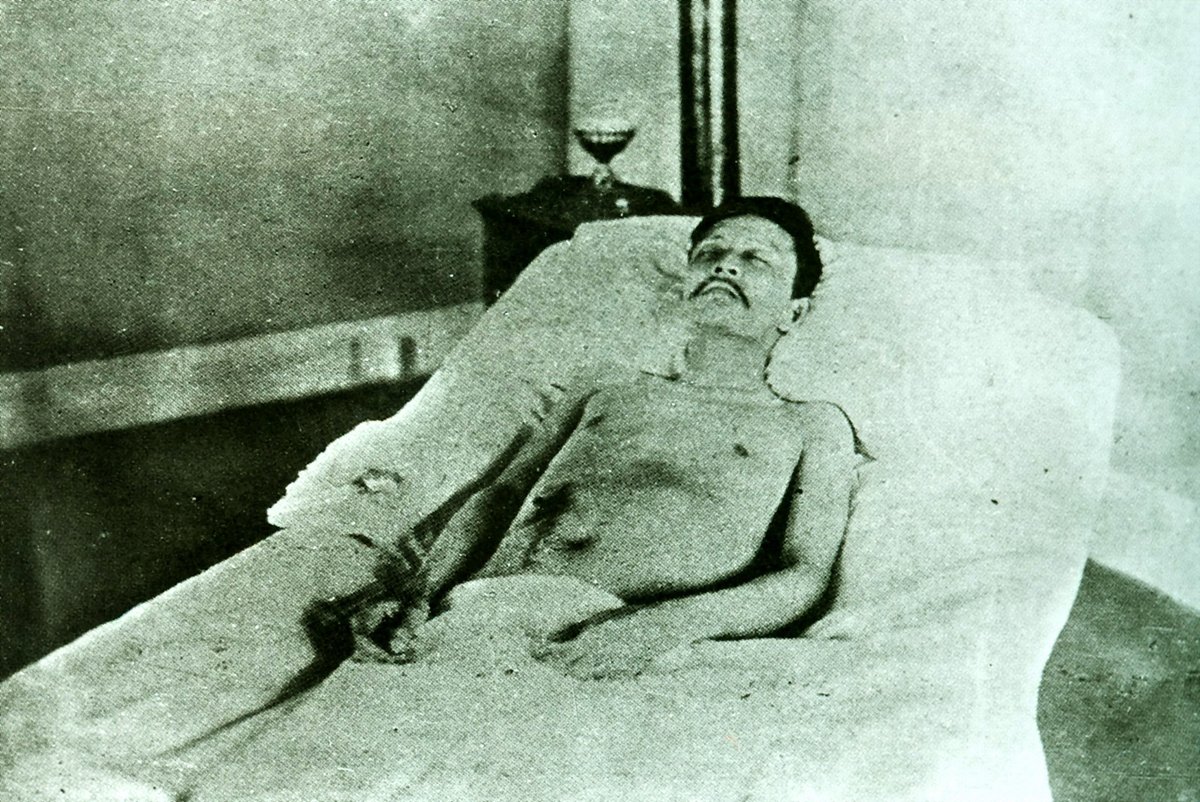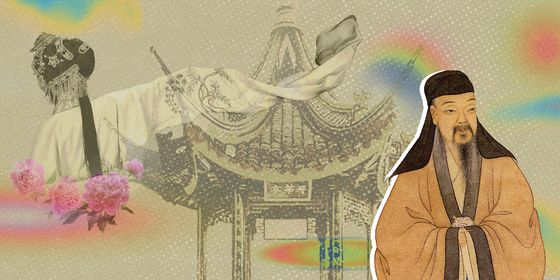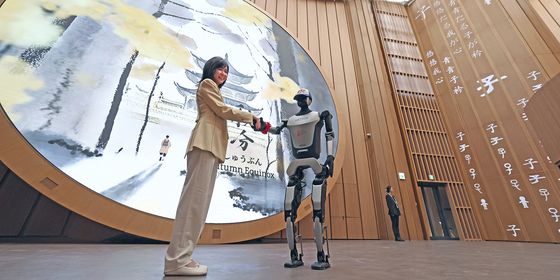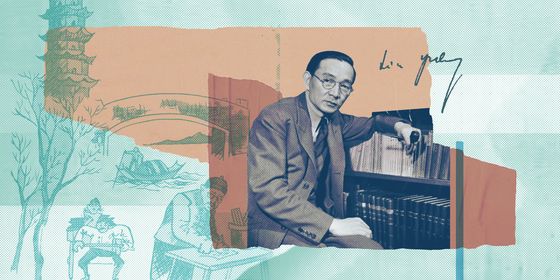A look back on China’s attempts to end imperial rule through political assassinations
On July 13, Donald Trump survived an assassination attempt during a campaign rally in Pennsylvania. This episode reignited interest in the specter of political violence, which touched both US presidents and presidential candidates roughly a dozen times in history: from Abraham Lincoln in 1865 to the present.
While modern China has seen no assassination attempts on sitting leaders—planned coups, yes, but nothing causing physical injury—the country has a long history of political assassinations. In ancient China, figures like Jing Ke (荆轲) and Yurang (豫让) were often celebrated as heroes for assassinating inept leaders. They were among five assassins, or cike (刺客), celebrated by the historian Sima Qian (司马迁) for their righteousness, loyalty, and bravery.
This heroic perception of assassins persisted until the last decade of the Qing dynasty (1616–1911), a turbulent period that saw over two dozen assassination attempts on Qing nobles and politicians. Most assassins during this time were also idealistic, influenced by Russian anarchists. Educator and historian Wu Yuzhang (吴玉章), himself one of these radicals, wrote in his book The 1911 Revolution, “After the failure of the 1905 Russian Revolution, many anarchists fled to Japan, where they influenced the Chinese revolutionaries who were already there, teaching them not only the ideas but also the techniques, such as how to make bombs. As a result, alongside the launching of armed uprisings, attempts made on the lives of Qing officials became a trend.”
Read more about the Republican era:
- One Card to Rule Them All: The History of China’s ID System
- A Brief History of China’s Hotel Industry
- Letters of Revolution: The Failed Movement to Eradicate Chinese Characters
Next to armed revolution, radical politicians saw assassination as the most effective method to overthrow Qing imperial rule. Successful assassins could remove powerful figures in the Qing government, but even failed ones could inspire others with their martyrdom. This was true of the 20th century’s first assassination attempt, which was planned in 1900 by the Revive China Society, a revolutionary organization founded in 1894 by Sun Yat-sen (孙中山). To kill Deshou (德寿), the governor of Guangdong province, a revolutionary called Shi Jianru (史坚如) brazenly dug a tunnel in the governor’s backyard and packed it with 200 pounds of explosives. While the resulting blast did manage to knock Deshou off of his bed, it did not kill him. Shi was soon arrested and executed. In one of his books, Sun would later go on to praise Shi’s “heroic and noble death,” hoping it would “become a model for those who die later.”
As many as 16 assassination groups were formed in the following years. In 1903, some Chinese students studying in Japan organized an anti-Manchu outfit called the National Militarizing Education Group (军国民教育会), which studied assassination attempts undertaken using explosives. In 1905, the Tongmenghui (同盟会) was founded through the unification of multiple revolutionary groups and had a department specializing in political assassinations. From 1900 to 1911, there were assassination attempts made almost every year.
One notable incident was the 1904 assassination attempt on Guangxi governor Wang Zhichun (王之春) during his visit to Shanghai. At the time, Northeastern China was under Russian occupation, and anti-Russian rallies and sentiments were widespread in Shanghai society. However, Wang proposed cooperating with the Russians, supported by the imperial court. Members of the China Revival Society (华兴会) invited Wang to dinner under the pretense that he would be dining with Wu Baochu (吴葆初), the son of a local celebrity. When Wu didn’t show up, Wang sensed something was wrong. As he tried to leave the restaurant, a middle-aged man attempted to shoot him, but missed. Wang’s servant and patrol officers subdued the assassin, later revealed as Wan Fuhua (万福华), a member of the Nanjing Assassination Group. Wan Fuhua was sentenced to 10 years in prison. Other conspirators from the China Revival Society were released due to insufficient evidence.
In 1905, another sensational incident rocked the nation when Empress Dowager Cixi arranged for five high-ranking officials to travel abroad for political inspections in preparation for constitutional reform. Wu Yue (吴樾), the fervent leader of the Northern Assassination Group of the Restoration Society, saw the reform as a sham and plotted a daring ambush. A vigilant guard, however, stopped Wu for questioning, his suspicions aroused by Wu’s unmistakable southern accent. Cornered and desperate, Wu detonated the bomb, sacrificing himself in the explosion and injuring three of the five officials.
However, Wu’s book, Assassination Era (《暗杀年代》), published just mere months before his death, was perhaps even more explosive. In it, Wu promotes the use of assassination, writing, “The methods to exclude Manchus are twofold: one is assassination, the other is revolution...Assassination can be carried out by individuals, but revolution requires collective efforts. The era we live in today is not the era of revolution, but that of assassination.”
Within a year from May 1907 to April 1908, Sun and the Tongmenghui organized six uprisings, all of which ended in failure. Politician and reformer Liang Qichao (梁启超) criticized the revolutionary leaders in the newspaper Xinmin Congbao for “deceiving people to their deaths while they themselves enjoy luxurious mansions, merely serving as ‘long-distance revolutionaries.’” Sun Yat-sen also wrote ambivalently about assassinations, stating, “if the assassination hinders other forms of our movement, it is not worth it; if the enemy’s power is not broken, those who commit evil are merely replaced by another, and we fight them at the cost of our party’s good members, it is not worth it.”
In this climate of growing skepticism, Tongmenghui leader Wang Jingwei (汪精卫) decided to take matters into his own hands. In 1910, 27-year-old Wang came to Beijing under the cover of opening a photography studio, but his real objective was to kill Zaifeng (载沣), the father and regent of Emperor Puyi. Wang conspired to bury a bomb beneath the bridge Zaifeng crossed every day to visit the palace, and detonate it via a wire. He would have died with Zaifeng. But on the night of the operation, Wang and his accomplices were spotted while burying the bomb, though they escaped. Not long after, while planning a second attempt, Wang was arrested at his photography studio.
In April 1910, the Supreme Court of the Qing openly tried Wang. The young revolutionary spoke extensively about revolutionary principles, and called on everyone to rise up and overthrow the Qing. Eventually, he was sentenced to life imprisonment. A year later, the 1911 Revolution broke out, and the Qing dynasty collapsed. Wang walked out of prison and was welcomed by the Republic of China. (Ironically, Wang collaborated with Japan to establish a puppet government in Nanjing in 1940, and from then on became known as a traitor. He himself survived an assassination attempt in 1935.)
Political assassinations didn’t end with the founding of the Republic of China. As the revolutionaries continued picking off remnants of the Qing court, they also started fighting one another. On the evening of March 20, 1913, at the ticketing checkpoint of Shanghai North Station, Song Jiaoren (宋教仁), the acting chairman of the Kuomintang Party (which he co-founded with Sun Yat-sen) and leader of the constitutionalist movement in China, was gunned down. His assassination is widely believed to have been ordered by interim president Yuan Shikai (袁世凯). On August 20, 1925, Liao Zhongkai (廖仲恺), a right-hand man of Sun Yat-sen and the young country’s Minister of Finance, was shot four times and killed on his way to a meeting at the Kuomintang Central Committee in Guangzhou. While his murder is believed to have been closely connected to the power struggles and ideological differences within the Kuomintang itself, the case continues to remain unsolved. Even non-political figures were not safe: as in the case of the 1914 death of publisher Xia Ruifang by unknown assassins, and the 1946 killing of poet Wen Yiduo (闻一多) by Kuomintang agents.
As the years passed, many people’s opinions on the effectiveness and morality of political assassination changed. Perhaps the most noteworthy figure to discuss the matter was Chen Duxiu (陈独秀), a Communist Party leader who in the past had himself conspired to carry out assassinations. He wrote in an article titled “On Assassinations, Revolution, and Passive Protest”: “Assassinations not only fail to bring about social and class harmony and fail to eliminate social and class evil, but also might guide the masses to believe that individual strength can create social and class harmony, remove social and class evil…Assassination is a personal action justified through romanticism, not a revolutionary action rooted in science.”





